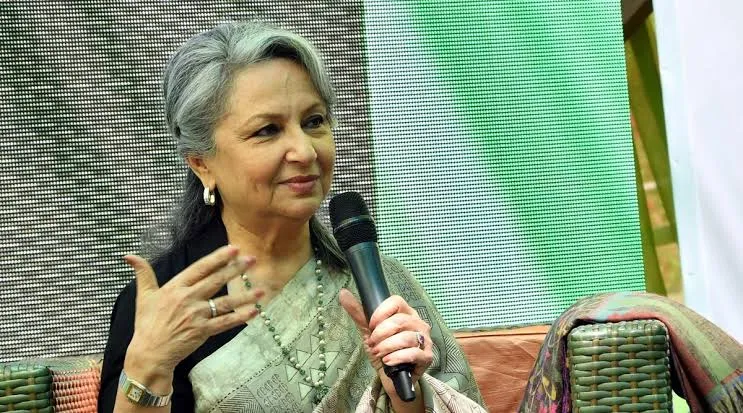Senior officials from India and the European Union (EU) are set to begin the next round of negotiations for a proposed free trade agreement, starting September 23. This marks the ninth round of talks aimed at enhancing bilateral trade and investment between the two regions.
The discussions will encompass a free trade agreement, an investment protection agreement, and a framework for geographical indications (GIs). Key trade issues on the agenda include goods, services, investment, and government procurement, as well as essential regulations like rules of origin and sanitary and phytosanitary (SPS) measures.
One major focus will be addressing concerns from Indian stakeholders regarding the EU’s upcoming sustainability regulations, particularly the Carbon Border Adjustment Mechanism (CBAM), which is set to take effect on January 1, 2026. This mechanism will initially target seven carbon-intensive sectors, including steel and cement, imposing an import duty that could significantly impact Indian exports.
READ MORE: Vodafone Idea Signs $3.6B 4G Deal With Nokia, Ericsson, Samsung
According to the Global Trade Research Initiative (GTRI), the EU’s Deforestation Regulation could also negatively affect India’s agricultural exports to the EU, valued at approximately $1.3 billion, starting in December 2024. Indian firms have expressed worries about the potential repercussions of these regulations on their market access.
Under the proposed agreement, while EU products may enter India duty-free, Indian exports could face tariffs ranging from 20% to 35% due to CBAM charges. Ajay Srivastava, founder of GTRI, suggested that the free trade agreement should include provisions to address this disparity.
Negotiations between India and the EU resumed in June 2022 after an eight-year hiatus, which began in 2013 due to various disagreements. The earlier rounds, held from 2007 to 2013, encountered obstacles over market access, intellectual property rights, and labor standards.
The EU aims for the elimination of tariffs on over 95% of its exports, including sensitive agricultural products and automobiles. In contrast, India is open to liberalizing about 90% of its market but remains cautious about reducing tariffs on bulk agricultural products.
As both sides continue their discussions, the outcome will be crucial for shaping future trade relations and enhancing economic collaboration between India and the EU.






















